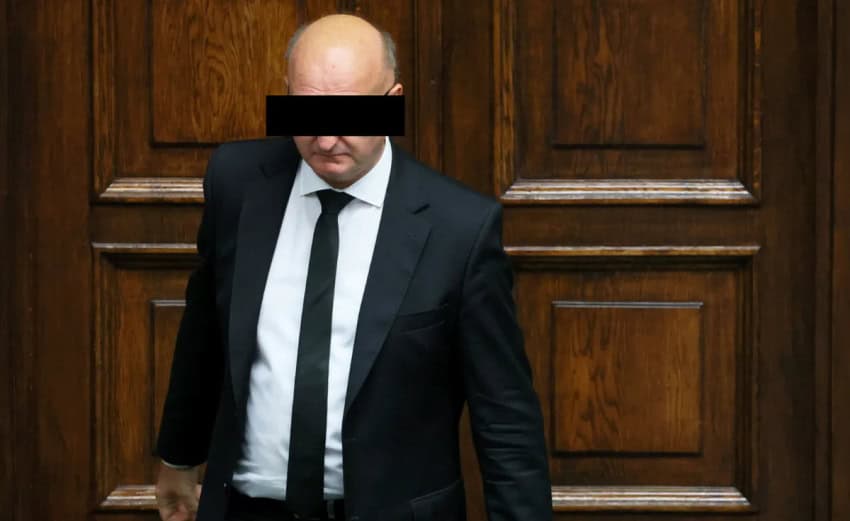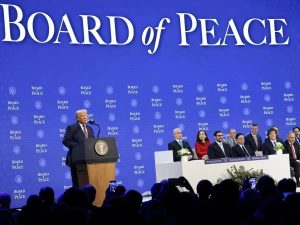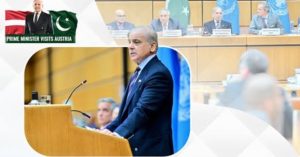WARSAW – Poland’s former deputy foreign minister has been arrested in connection with a visa fraud scandal that shocked the ruling regime.
Piotr Wawrzyk was arrested following the verdict by the country’s central anti-corruption bureau, further intensifying the already existing divide between Prime Minister Tusk and opposition politicians from the former Law and Justice (PiS) administration.
The visa scandal surfaced in September and led to Wawrzyk’s dismissal by the PiS government. An investigation was initiated into an alleged network involving foreign ministry officials selling Polish visas for cash through consulates globally.
‘He breached his powers. The detained individual faces charges for making unjustified interventions to expedite visa procedures and for disclosing information classified as official secrets to an unauthorised person,’ CBA stated.
Wawrzyk has denied any wrongdoing and the investigations have also not yet been completed fully but it played a role in challenging the PiS government’s claims of defending Poland against illegal immigration.
Wawrzyk’s arrest aligns with Tusk’s broader agenda of revisiting past cases and initiating new probes into alleged wrongdoings that his government claims to have uncovered since assuming office in December.
The ruling party in Poland is came under fire in September for allegations that one of the officials took bribes to issue a large number of visas to applicants from Asia and Africa.
The anti-immigration Polish government is facing criticism for allegations of issuing hundreds of thousands of working visas in exchange for bribes and an anti-corruption body has launched a formal probe into the episode.
At the end of August, the country’s foreign ministry was searched by the local anti-corruption body and soon afterward, Deputy Foreign Minister Piotr Wawrzyk was fired for not collaborating with the investigation.
Wawrzyk was shown the door for “lack of sufficient co-operation” with the investigation, but reportedly, he is suspected of helping to create the scheme and forcing consuls to issue visas to people of his choosing.
Last week, he was reportedly hospitalised with life-threatening injuries in what appeared to be a suicide attempt.
The scandal revolves around a cash-for-visa scheme, through which aspiring immigrants in a developing African nation were able to “buy stamped visas” from intermediaries by bribing and “writing a name”.
Reports say that in other developing countries, a €4,500 payment was enough to secure a visa from a Polish consulate via an intermediary company, EuroNews reported.
Among the Polish consulates now being investigated are outposts in countries from Taiwan and the Philippines to Tanzania and Nigeria.
As the scandal made headlines last year, it was reported that a group of applicants from India pretending as Bollywood filmmakers were given work visas in connection with a non-existent movie project titled “Asati”.
Interestingly, another larger group was granted visas in the same fashion as they were making a film named “Milton in Malta”.
Meanwhile, the German government has asked Poland for a “rapid and complete clarification” of the situation. The severity of the situation can be accessed from the fact that the Polish ambassador was summoned by Germany over the same saga.
What is more interesting is the fact that the scandal made headlines a month before crucial parliamentary elections.
As the countdown to the pivotal parliamentary elections ticks down to less than a month, the political landscape stands poised for potential upheaval, with the populist incumbent party PiS facing the possibility of being ousted from power.














